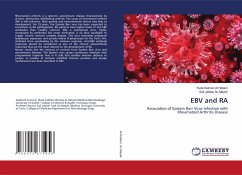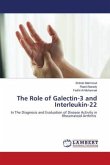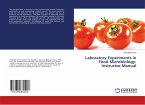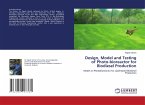Rheumatoid arthritis is a systemic autoimmune disease characterized by chronic, destructive, debilitating arthritis. The cause of rheumatoid arthritis (RA) is still unknown. Both genetic and environmental factors may help its development. For 25 years, the Epstein Barr virus has been suspected to contribute to RA pathogenesis. RA patients have higher levels of anti EBV antibodies than healthy controls. EBV, a widespread virus, highly recognized by antibodies but never eliminated, is an ideal candidate to trigger chronic immune complex disease. This virus stimulates polyclonal lymphocyte expansion and persists within B lymphocyte for the host's life, inhibited from reactivating by the immune response. Anti-EBV antibody responses should be considered as one of the chronic autoantibody responses that are the most relevant to the development of RA.Recent results link the removal of controls from Epstein Barr virus and autoimmune diseases, The Epstein virus causes continuous infectionwith programmed response time in B cells that enables immune defense to escape. A number of immune modified immune proteins and escape mechanisms have been described in EBV.
Bitte wählen Sie Ihr Anliegen aus.
Rechnungen
Retourenschein anfordern
Bestellstatus
Storno








